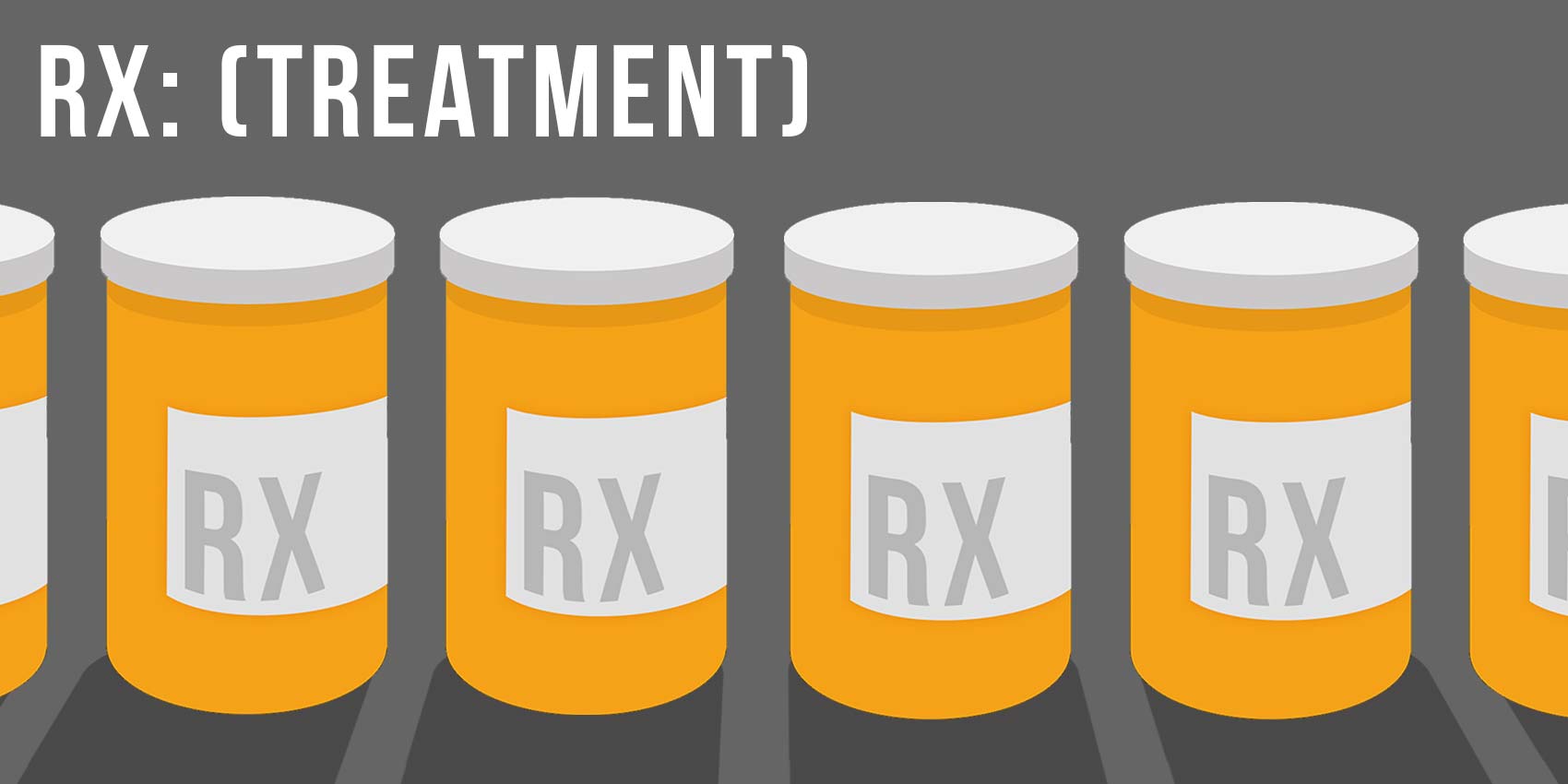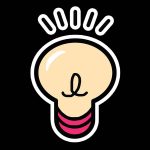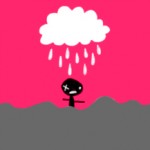30 Nov Rx: (Treatment)


DID YOU KNOW? Antidepressants are the second most commonly prescribed medication in the US right after cholesterol-lowering drugs. 11% of Americans 12 and over take antidepressants.
(Source: NIMH.NIH.gov)
Currently, the best mode of treatment for clinical depression is a combination of Psychopharmacology and Psychotherapy. Say what???? Don’t worry, we’re not gonna throw those ridiculously long words at you and just leave them there…. let’s break them down:
Psychopharmacology.
Psycho – as in, psyche or mind (you knew that from the Your Psyche chapter, right?);
pharm – as in, pharmacy where you get your medications. So yes, medication;
ology – as you learned in your language class, means “the study of.”
Roughly translated: the study of medicines to treat psychological disorders. Bottom line: medications are prescribed to help people who are clinically depressed.
Psychotherapy. Your turn…. Psycho – yep, you got that one. Therapy – too easy, eh? Most people just call it “therapy” and it’s when a mental health professional meets with a person to work on a certain problem or issue together by talking about it. A meaningful relationship is formed between the therapist and the person seeking help.
One of the most effective forms of therapy for clinical depression is called “cognitive-behavioral therapy” or CBT. It focuses on changing a person’s thoughts and behaviors to break the hold depression and clinical Depression has on a person’s being.
Overall, think of psychotherapy and psychopharmacology as the one-two punch to knock out the aggressive hold that clinical depression can have on a person. Many people are often worried about taking medications for clinical depression, both for the stigma sometimes associated with it and the possible side effects. However, sometimes medications are absolutely necessary for change to take place (see Bonus YSS: Is your train on the tracks? in the Suicide Post.)
Another form of CBT is called Dialectical Behavior Therapy (DBT), which has also been proven to help many forms of depression. DBT is based on self-acceptance, validation and tolerance. It incorporates mindfulness as well as aspects of CBT. If you are suffering from clinical Depression, please look into both CBT and DBT as forms of treatment.
Other helpful remedies for depression or if you are feeling the blues include meditation, focused breathing, anti-stress remedies (sometimes anxiety and depression go hand in hand), nutrition, and aromatherapy (smells that improve mood). All of these can help create a shift in depression when coupled with medications and/or therapy.
Doctors are constantly working toward other remedies, and the right mix of remedies, to help people suffering with depression. Medication is not always the answer, so please speak with a qualified professional to discuss all the options. To find out what works best for you takes time and a bit of experimenting with different options.
Staying with a treatment regimen (routine) is critical as well. Too many young people drop out of their prescribed program, only to rebound back into a depressive state.
A quality treatment plan includes assessment (making the right diagnosis), treatment (finding what works for the individual) and follow up (consistently checking in with the doctor to be sure you are on the right course).




Post Question:
What part of your self do you want to make stronger?
Answer the post question here
What's being said